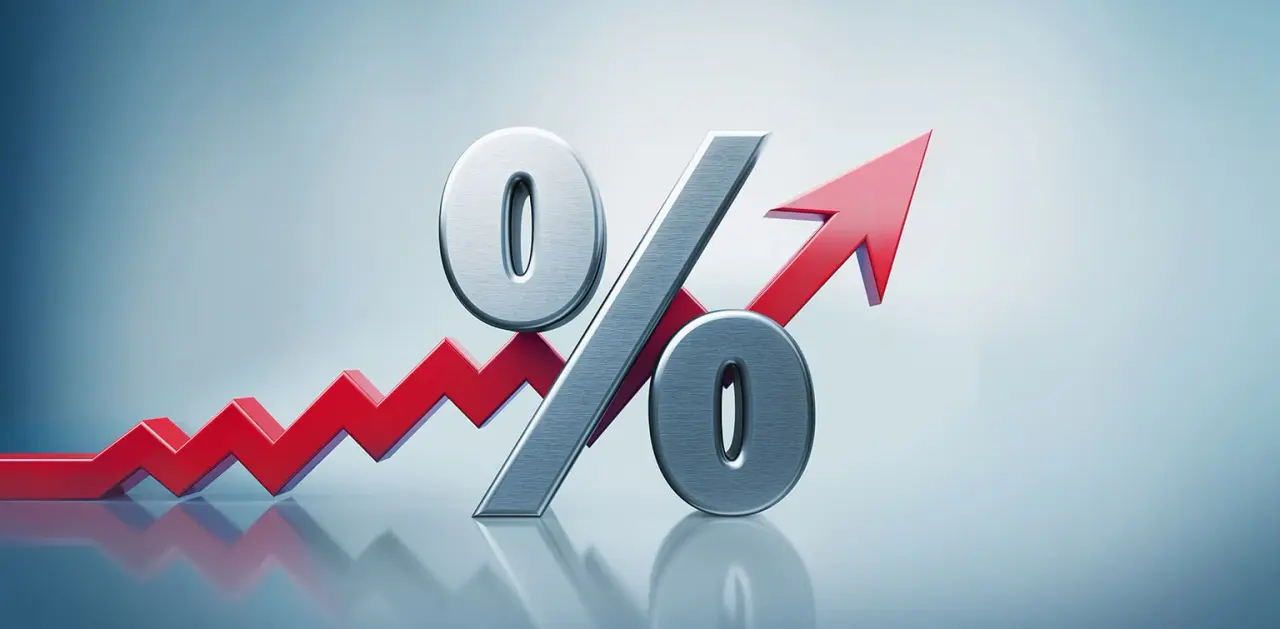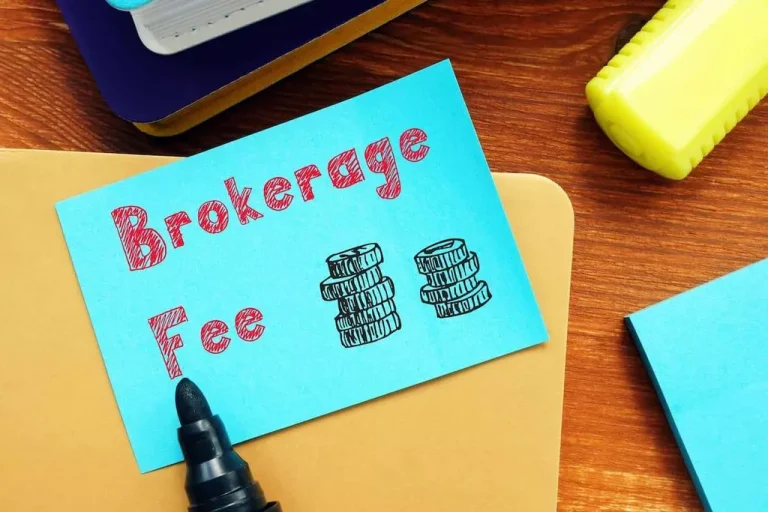When selecting a bank for checking and savings accounts, the three most crucial considerations are the bank's kind, interest rates it gives, fees it charges, and other facilities it provides. Different banks will pay you wildly disparate amounts of interest on your money, charge wildly disparate levels of fees, and provide wildly disparate levels of service. This implies that it is rarely a one-time event that you will find the ideal bank or online bank for you. As your financial and investment objectives change over time, you could also need to switch banks multiple times. The good news is that you can have as many bank accounts as you like and switch them up as often as you like.
Bank Types
The first and most important consideration when selecting a bank is the kind of organization that is best for you. The term "bank" can be used to describe at least three different kinds of financial institutions, each with its own set of benefits and drawbacks.
Traditional Banks
When most people think of a bank, they typically think of traditional banks. These banks supply ATMs to both their own and other banks' clients, and they primarily use a network of physical offices to serve their clientele. Additionally, several have begun to offer online banking services for deposits and bill payment.
Even though these banks have been in business the longest, there are now fewer reasons to pick a traditional bank over credit unions or its internet rivals. Both of these organizations provide less costs than conventional banks, as we shall see.
You might, however, prefer to conduct your banking in person. You can visit your local branch and speak with someone if you have a question or an issue. Because of this, a traditional bank might be the best option for you. Nevertheless, it's still beneficial to look into your alternative options.
Online Banks

Twenty years ago, online banks were rather uncommon, but as their popularity has increased, they are now direct rivals of traditional banks. Online banks often have considerably cheaper fees than traditional banks because they have fewer or no physical branches, which lowers their administrative costs.
However, a lot of consumers believe that the customer care provided by only online banks is annoying. This is known to the industry. Even while the top online banks now provide a wide range of customer service choices, you won't be able to visit a branch to speak with a bank staff face-to-face.
The distinction between traditional banks and online banks has become more hazy in recent years due to the advancement of the latter's digital services and technologies. This suggests that it would be feasible to have the ease of online banking and still benefit from the advantages of a physical branch.
Credit Unions
Despite their advantages, credit unions are sometimes disregarded as a viable option to traditional and online banks.
To begin with, credit unions are financial cooperatives that are not for profit. This indicates that they are member-owned, meaning that profits are distributed to members in the form of greater interest rates on deposit accounts and reduced fees. Publicly traded traditional banks, on the other hand, are answerable to shareholders and have revenue targets to meet.
Second, the majority of credit unions have sincere connections to the areas in which they operate. A credit union might be the obvious choice for you if you're looking for a bank that gives back to the community.
However, not all credit unions provide features like online banking, and some may have fairly strict policies about members' access to services. Because of this, it might not be the best option for a bank account that you need to use and access frequently.
Fees and Interest Rates
The fees and interest rates offered by an institution should be the next consideration when deciding where to bank. A checking account and a savings account are the two most common types of accounts held by individuals. Each sort of account will require various features, and it is frequently advantageous to have these accounts at separate institutions.
Fees for Banking
Although these fees might vary greatly, most banks charge a monthly fee to keep a checking account open. Additionally, if you fulfill specific requirements, including achieving and maintaining a minimum balance requirement or establishing direct deposit for your paychecks, a bank may waive or reduce them.
It's crucial to know what a bank will charge you for utilizing a checking account in order to minimize these expenses. Inquire about its typical fees, which could consist of:
-
Monthly upkeep costs
-
Overdraft charges
-
Fees for statements
-
Fees for stopping payments
-
Fees for returned checks
-
Fees for wire transfers
-
Fees for cashier's checks
-
Fees for certified checks
-
Fees for out-of-network ATMs
The biggest element separating checking accounts is, by far, fees. The checking account with the lowest fees is the one you should select if everything else is equal.
Rates of Interest

Look for a separate set of benefits for your savings account. It's unlikely that you will require app or online banking services because you shouldn't need to access a savings account as regularly as you do a checking account. The majority of savings accounts don't have expensive fees as long as you don't take out large amounts of money frequently.
Rather, the interest rates paid by these deposit accounts are the main area of difference. These can differ greatly, and internet banks and credit unions frequently provide the greatest rates. Find the best interest rate for your money by comparing rates.
Additional Features
The most basic elements of selecting a bank are the two things we have already discussed: the kind of institution you select and the total cost of fees or lost interest. The majority of banks will, however, also provide a number of other services, benefits, or features that might be essential to you.
Take some time to consider how you use the accounts you presently have and where you are losing money in fees or time, as every person has different demands. Then search for a more suitable bank. Among the crucial elements could be:
-
Banking via apps and the internet. These days, most banks provide these choices. A fully functional online service can save you a great deal of time if you use your account frequently, especially for maintaining standing orders or establishing new payments.
-
ATMs and local branches. There may be occasions when it's more convenient to visit a branch of your bank, even if you do most of your business online. Having a local bank branch is essential for many people, at least for their checking account. In a similar vein, if you travel regularly and require easy access to cash while on the road, a network of ATMs can be crucial to you.
-
Safety. Despite the fact that the majority of banks have loss insurance, they nonetheless differ in the degree of protection they provide for online services. You can rule out a bank in this regard by quickly scanning the headlines to identify which banks have lately suffered security breaches.
-
This final principle is connected to another: in the end, you should pick a bank that you trust. A lot of people still choose their bank because they trust the name and reputation of a big national bank, or because their parents bank there. That is perfectly acceptable; peace of mind is maybe the most significant service provided by a bank and ought to be considered while making decisions.
Read Also: Factors to Consider When Choosing Your Bank
What Kinds of Banks Are Available?
Commercial banks, credit unions, online banks, and investment banks are among the different kinds of banks. Your banking needs, tastes, and financial objectives will all influence which type is ideal for you. Online banks offer convenience, investment banks handle more complicated financial operations, credit unions concentrate on member and community advantages, and commercial banks provide a broad range of services.
Why Is Evaluating a Bank's Reputation Important?
It's critical to evaluate a bank's standing and soundness. Examine their financial accounts, customer feedback, ratings from reliable organizations, and track record. To assess the bank's stability and capacity to fulfill its financial commitments, take into account elements such as its longevity, market presence, profitability, and capital adequacy measures.
Are Online and Mobile Banking Services Available at Every Bank?
While not all banks may provide them, online and mobile banking services can make your banking experience easier. Verify whether the bank has mobile apps or internet access. For smaller or more rural banks that haven't made any investments in IT infrastructure yet, this restriction might be particularly applicable.
When I open an account, what fees can I anticipate?
To prevent unforeseen fees, it is crucial to comprehend the fee schedule. Ask about fees for wire transfers, overdrafts, printed statements, account maintenance, and ATM withdrawals. Examine the fee schedules offered by various banks to determine which one best suits your expected banking needs.
The Bottom Line
Easy access to your money, reasonable interest rates, no excessive fees, online and app-based banking, first-rate customer support, and trustworthiness are all characteristics of a good bank. Create a list, evaluate a few choices based on these standards, and choose which bank or credit union wins. Just keep it in mind. If you decide that your initial option isn't the best for you, you can always open a second account or alter your mind later.










